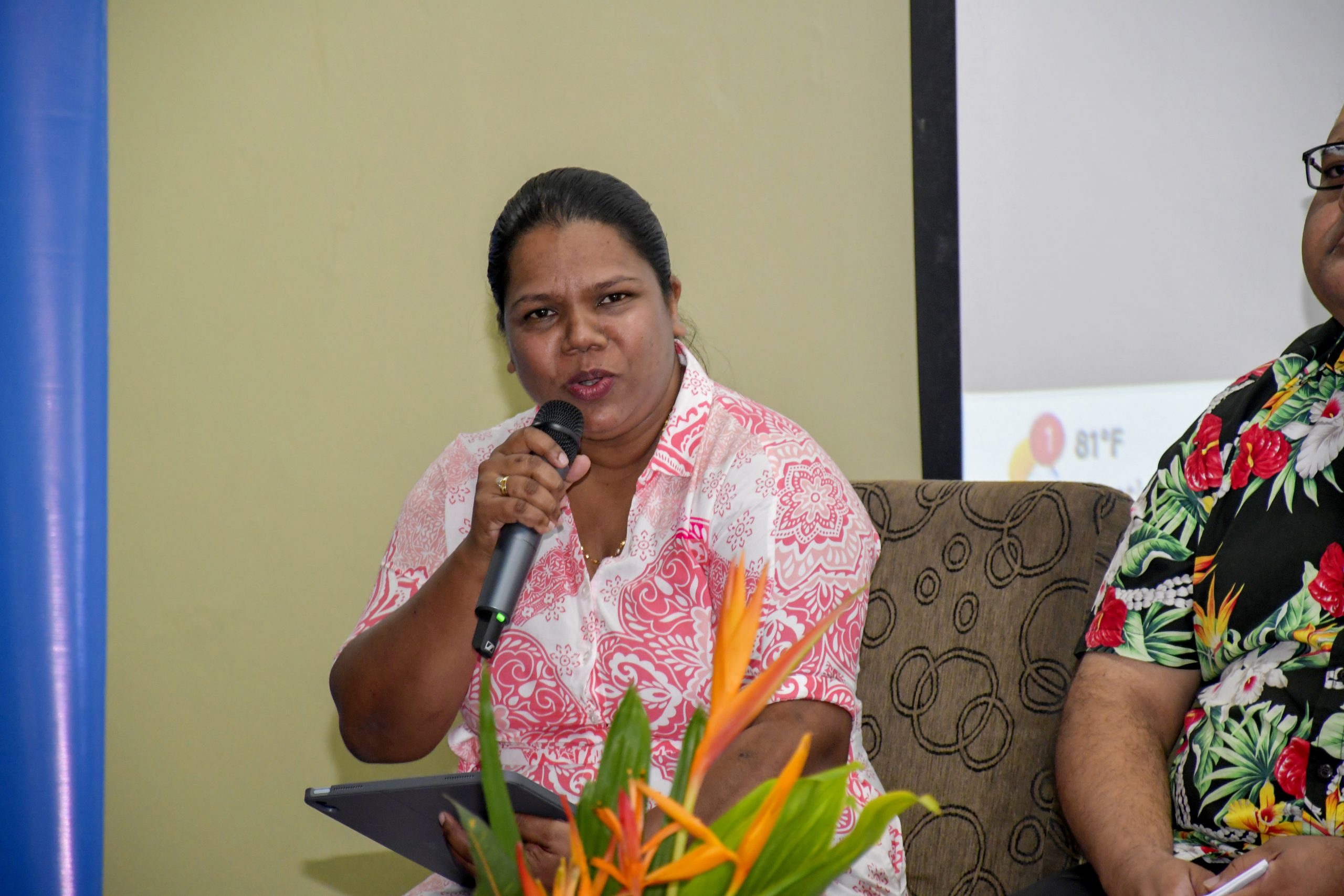SEX education in Fiji’s high schools is not equipping students with the practical knowledge they need to navigate real-life sexual and reproductive health challenges.
This was the stark assessment from International Planned Parenthood Federation (IPPF) Youth Networker, Jessica Work, during a World Population Day panel discussion held at the University of the South Pacific (USP).
“Sex education in Fiji doesn’t reflect the realities of sex life in the country,” Ms Work said.
“There’s a serious lack of information and education around sexual and reproductive health and rights for young people.”
She noted that while Family Life Education (FLE) is formally part of the school curriculum, its implementation is often weak and ineffective.
“I personally went through family life education in high school, and I can tell you I was completely uninformed when I reached university.
“Even now, working in this field, I continue to learn things that should have been taught much earlier.”
Ms Work said there was a need to improve sexual health education in Fiji, citing the Pacific’s youth bulge with more than half of the population under the age of 25, as a demographic factor that made access to accurate, ageappropriate information even more critical.
She also pointed out that limited knowledge among young people directly affects their ability to identify and access the health services they need.
“I work with youth not just in Fiji, but across the Pacific, and the story is the same … young people don’t know what services are available to them, and they don’t know how to access them.”



